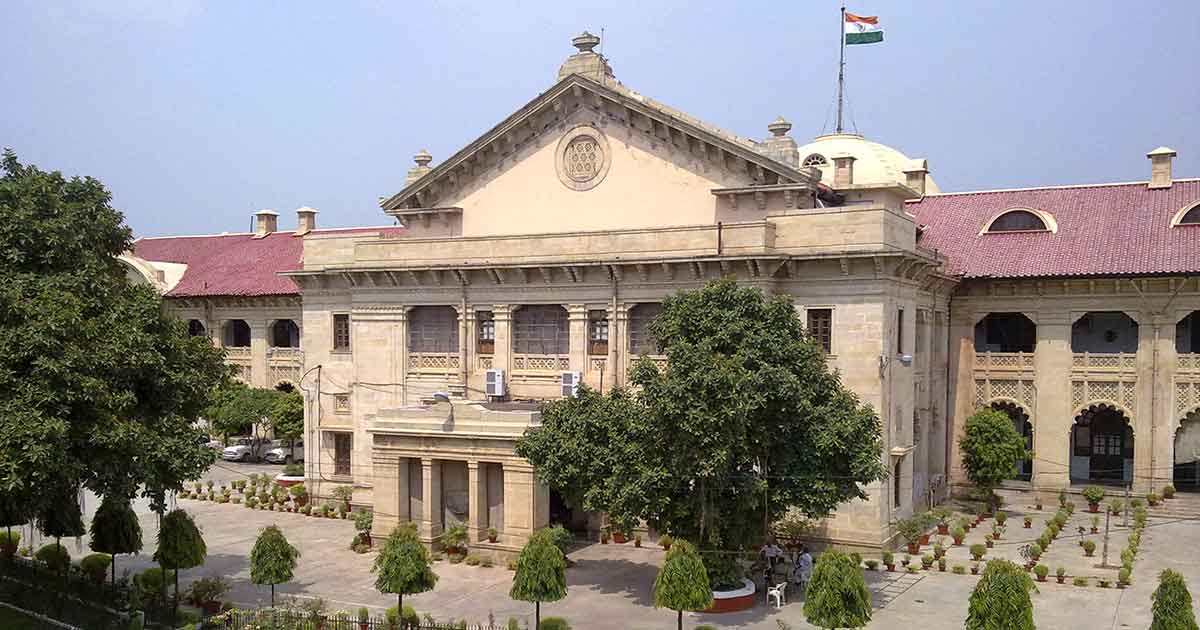
A petition was filed by M/s Torque Pharmaceuticals Private Limited as the pharmaceutical company was facing some issues relating to filing GST returns. Justice Bharati Sapru and Justice Piyush Agrawal directed to responsible officers of the state government officers and GST Council to appear in the Court on February 28 to discuss the issues of GST Appellate Tribunal.
The court hearing has been fixed for February 28 to discuss the matter on GSTAT. The court has given instructions to Om Prakash Srivastava, the head of GST Council as well as Nirmal Das, Head of State Government that they further communicate the order to the state government authorities for the court hearing that is scheduled in the coming days.
Read Also: What is Amnesty Scheme for GST Returns Non & NIL Filers?
While passing the order of hearing the court observed that, “The counsel for GST is unable to tell as to whether the GST Appellate Tribunal is constituted or not. The state government counsel is also unable to tell as to whether the state has moved in the matter or not.”
As mentioned in Section 109 of GST Act, the Central government upon receiving a recommendation from the state government will form an appellate authority known as GSTAT, which will be responsible for handling appeals against the decision of the appellate authority or revisional authority. The petitioner counsel has complained that no GST Tribunal was set up even though there is a clear provision for the same in the GST Act. The GST taxpayers are reportedly facing difficulties in filing GST returns in the state.
The Goods and Services Tax is an indirect tax which is being levied on each supply of goods and services in the country. GST was introduced in India on 1st July 2017 since independence which has replaced various central and state taxes such as VAT, excise and more and makes the country a uniform tax structure.









